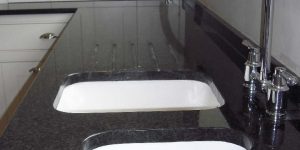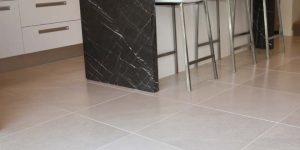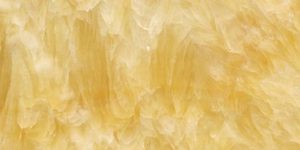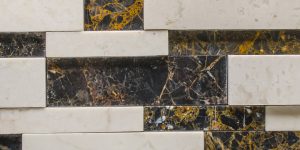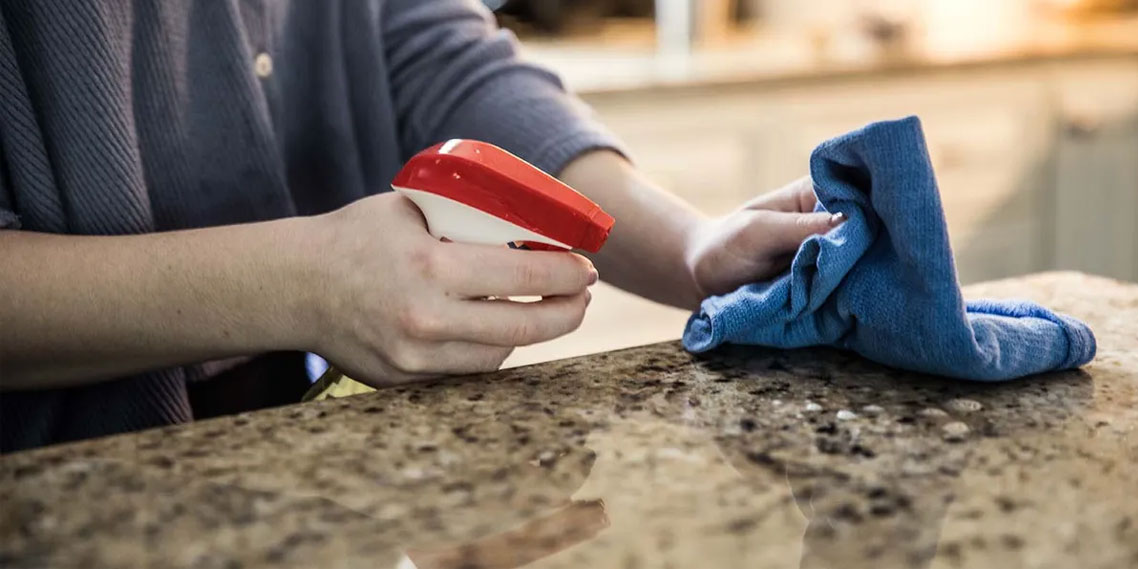Granite countertop care is no big deal. I know it may not seem that way because of the many myths and misconceptions that keep getting passed around and creating head-spinning confusion.
But cleaning granite is a breeze… once you learn the simple secrets, correct cleaning methods, and proper maintenance.
Granite Maintenance:
Regardless of the maintenance requirements, all natural stone countertops need consistent attention if you want to keep the surface in top shape. The following steps will help you achieve this with your granite countertops.
What is Sealing and Why is it Necessary?
Sealing is a very important part of keeping your granite countertops in great shape. Granite is a porous stone, meaning that liquid and stains can work their way down into the surface. To combat this problem, you need to seal your countertop.
Sealing involves applying a sealant product that will fill the pores of the stone. Once these pores are filled, liquid and stains will not be able to penetrate the surface of your countertop.
Clean Up Spills Immediately

You must clean up any spills as soon as they occur if you want to keep your granite looking great. Even if the surface is properly sealed, it is never a good idea to leave any spills sitting on your countertop. Spills that are particularly hazardous include coffee, wine, juice, soda, tomato sauce and cooking oil.
Stay Away from Generic Cleaning Products
Even if a product is labeled as a multi-purpose cleaner, it is likely not safe to use on your granite countertops. Many of these generic cleaning products can cause unwanted damages to your granite.
Despite good preparation and protection, occasionally your granite countertop may need special attention. Oily stains that have soaked into the surface may be removed by applying a paste made with baking soda and dish soap.
Let sit overnight, covered with plastic wrap, then rinse. If your counter has stains that are difficult to remove, or scratches, contact a stone care professional for repair.
Use Trivets and Hot Pads for Meal Prep
Although granite countertops are heat resistant, you do not want to get in the habit of putting hot pans or hot pots on the surface. While doing so will not cause damage, it is in your best interest to play it safe by using trivets or hot pads.
Granite Maintenance Yearly

Testing for sealing granite countertops (the lemon juice and water drop tests) annually is a good idea to determine when you need to reapply a granite sealer. However, that does NOT mean you should be resealing the granite every year.
You’ll read and hear that you should be sealing granite every year or every three years, but the proper frequency for applying a granite sealer is not set in stone and really depends on a number of variables. Testing will tell you when it’s time.
You will likely know anyway that resealing is needed when you start to notice that water around the sink darkens the stone; this is a sign that the granite is beginning to absorb the water.




